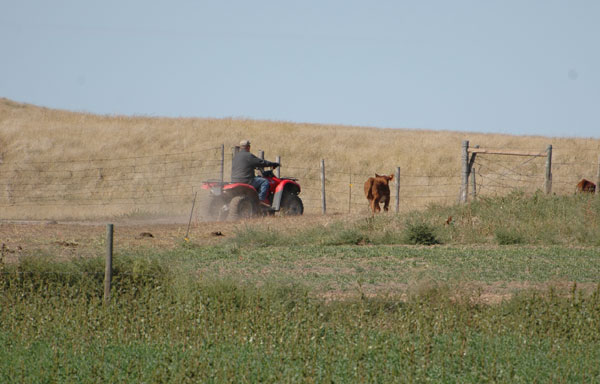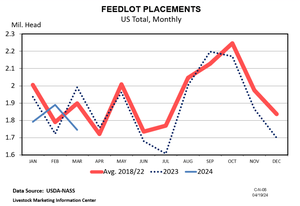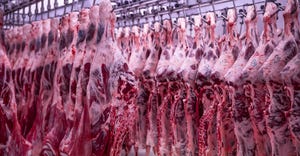March 26, 2012

“It doesn’t matter how much the cattle gain, what you buy them for or how good a veterinarian you are. If your cattle get out and you don’t have insurance, you can lose everything you’ve spent years building,” says Todd Rose of Rose Law Firm, Paris, TN. He's tried more than 150 jury trials in Tennessee and the Southeast, many of them involving catastrophic injury. He spoke at the recent Mid-South Stocker Conference.
“Make sure you have insurance that covers damage caused by escaping livestock; make sure the policy language states that. That’s what will protect you from potentially unlimited risk,” Rose says. He adds that another benefit of liability insurance is that the insurance company must provide you with a legal defense.
“Don’t take someone’s word for what is in the policy,” Rose emphasizes. “If you need to, hire a lawyer to go through it and present them with what-if scenarios. Ask them, if this situation happens, does this policy cover me?”
In cases involving escaped cattle, Rose says a judgment for monetary damage is typically going to be based on determining some degree of fault on the part of the farmer or rancher. "Invariably, these cases boil down to what you didn’t do rather than what you did,” he says.
First, Rose says cattle should be identified by permanent means so that ownership of the cattle can be established without question.
Next, Rose says, “Have a sound plan for inspecting and maintaining your fences, and stick to that plan. If you go to a court case involving cattle getting out, your plan and actual practices will be issues.”
Likewise, Rose advises, “Make sure you have the tools, supplies and resources to address both escaping livestock and a broken fence in an emergency situation, under the worst conditions you can imagine. This includes either having or knowing someone with a tranquilizer gun, and cowboys who know how to rope cattle.”
Fence laws vary widely between states and between counties within states. At minimum, these laws will define what constitutes a legal perimeter fence. Wherever you run cattle, Rose says you need to know the fence laws.
“Fencing laws define the legal minimum for a perimeter fence, but the nature of your operation may require that your fences exceed the legal minimum,” Rose says.
Rose emphasizes, “Buy plenty of insurance before you let the first calf off the trailer. For a stocker operation, I don’t think $1 million (liability insurance) is enough.”
Rose emphasizes that his general comments aren't intended as legal advice for a particular rancher or operator, and strongly encourages ranchers to consult their attorney before any potential issues arise.
About the Author(s)
You May Also Like





